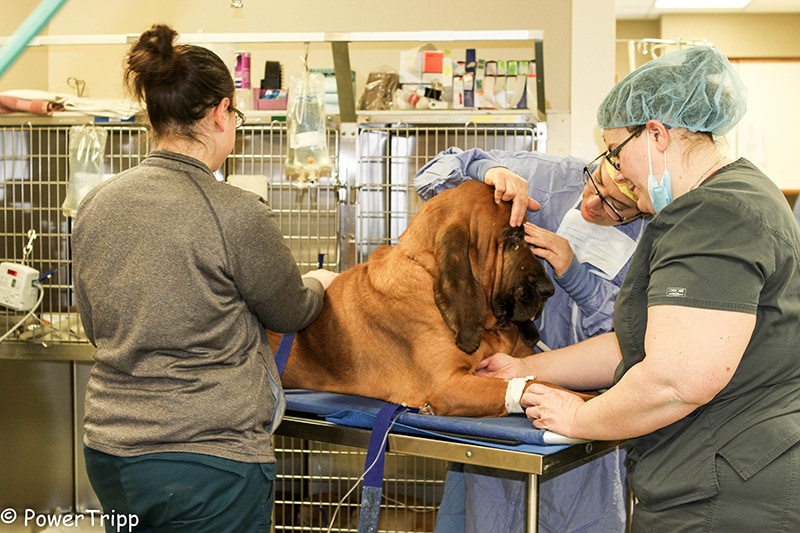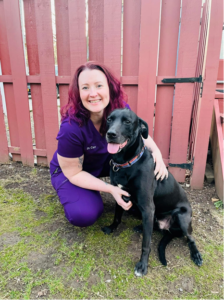 Pets age 6 to 7 years for every human year, and are considered seniors after 7 years of age. Alliance Animal Hospital recommends that senior pets have a veterinary exam every six months. A geriatric check-up should include:
Pets age 6 to 7 years for every human year, and are considered seniors after 7 years of age. Alliance Animal Hospital recommends that senior pets have a veterinary exam every six months. A geriatric check-up should include:- A complete blood count (CBC)
- Blood chemistry profile
- Urinalysis
- Thyroid panel
- Cardiac exam (listening to your pet’s heart)
Our veterinarians may recommend other tests to insure a total progressive workup.
Watch your senior pet for any changes in appearance, changes in water or food intake, lumps or bumps, or abnormal behavior that may signal illness. Bring these changes to your veterinarian’s attention. Early detection can facilitate a cure or delay the progression of many disorders.
Before any medical signs become apparent, behavioral changes can serve as important indicators that something is changing in an older pet, which may be due to medical or other reasons. As your pet’s owner, you serve a critical role in detecting early signs of disease because you interact and care for your pet on a daily basis and are familiar with your pet’s behavior and routines. Sometimes, the changes may seem contradictory – such as an older pet that has symptoms of hearing loss but also seems more sensitive to strange sounds.
If your pet is showing any change in behavior or other warning signs of disease, contact us and be sure to provide us with a list of the changes you have observed in your pet.

